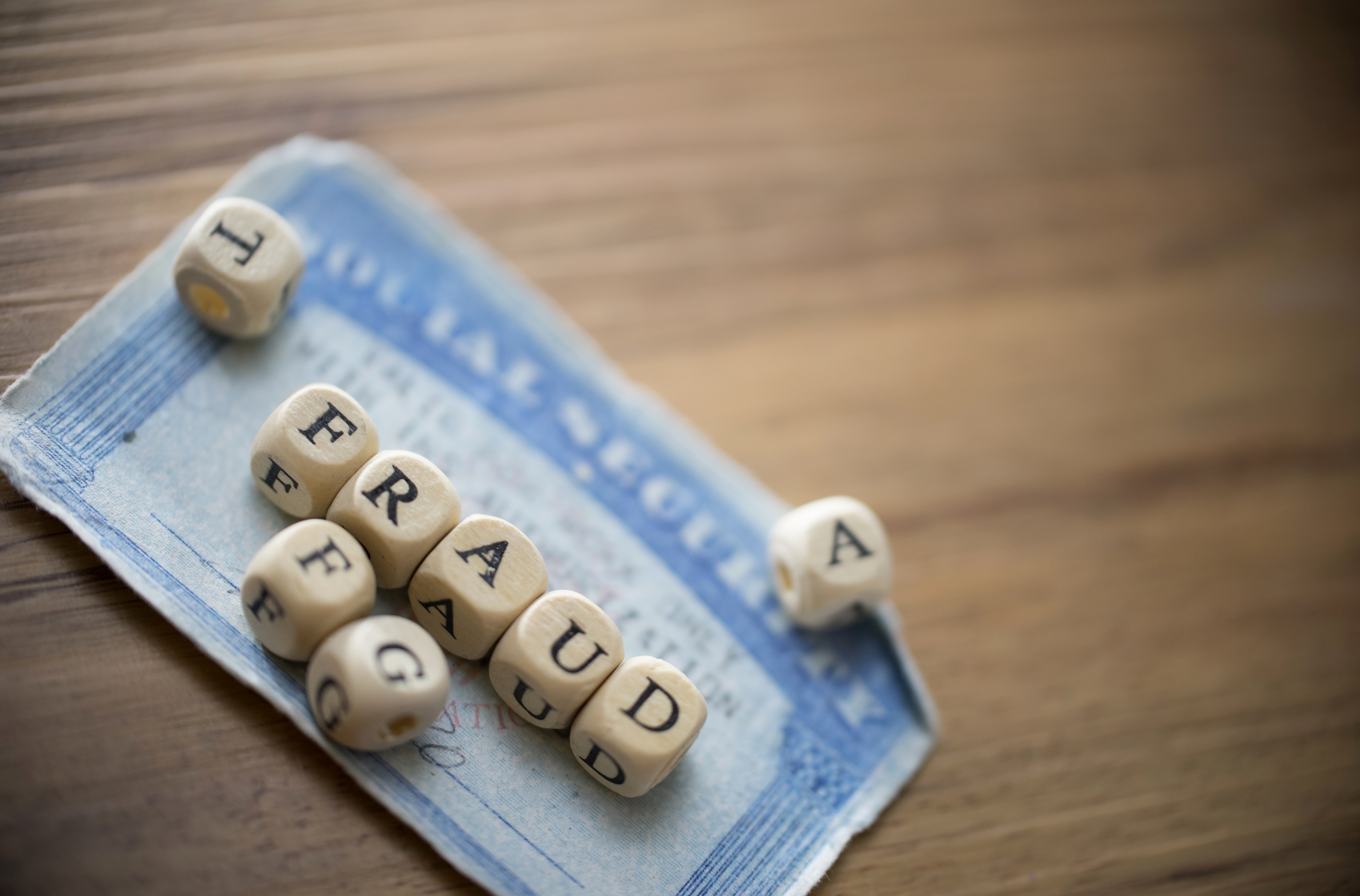AARP Hearing Center

A grieving Chesapeake widow thought she was being courted by a single Virginia Beach jeweler she’d met on a dating site for people over 50. As their online relationship blossomed, she sent him $300,000, as well as electronics and other gifts.
That “boyfriend” was a sham. In reality, Richard Yaw Dorpe was a 38-year-old man in Ghana with a penchant for fraud, according to the U.S. Attorney’s Office in the Eastern District of Virginia. Dorpe pleaded guilty in 2021 to wire fraud and served more than two years behind bars.
The widow, identified only as “E.F.” by the Department of Justice, was left in financial ruin. In the escalating world of online fraud, she has plenty of company.
In 2022, Virginia consumers filed 52,349 fraud reports with the Federal Trade Commission. Losses totaled $179.2 million, with a median loss of $650. The state was eighth nationally in per capita fraud and other reports.
Kathy Stokes, director of fraud prevention programs at AARP, says it’s the “tip of the iceberg” because victims do not often report these crimes. Beyond that, fraud grew during the pandemic, as more people gravitated online, where sophisticated scammers awaited. In recent years, fraud has matured from a lone-wolf crime to one organized by groups. Too often, Stokes says, crimes such as romance fraud are not taken seriously by law enforcement.
“Billions of dollars are being lost. Families are being destroyed,” Stokes says.
AG: ‘Every penny counts’
Virginia Attorney General Jason Miyares (R) says the “explosion of scams” has prompted the state to ramp up its fraud-prevention education efforts. “Stealing is stealing, whether someone goes into a department store ... or into someone’s bank account,” Miyares says. He adds: “Every penny counts, and we don’t want to give them away to these thieves.”
Virginia offers a special “passport” for victims of identity theft so they’re not mistaken for the thief who snatched their personal information. Miyares’ office works with the Triad program, bringing together local law enforcement and advocates such as AARP to educate older Virginians about the latest scams.
AARP Virginia offers presentations on fraud throughout the year. “People don’t think about things until it happens to them,” says Carl Wilkins, 71, a volunteer speaker from the Lynchburg area. “If I can get them to think ahead of time, I can prevent it.”
He starts with passwords, explaining how to set up a system that is secure and easy to manage.
AARP and Silver Shield — a task force with police and county officials — support the Scam Jam in Fairfax on Saturday, April 29. At the free event, residents can learn about local scams and have outdated documents shredded. Registration is required. Learn more at aarp.org/fairfaxscamjam.
According to the FTC, the second biggest category of fraud cases in Virginia in 2022 was impostor scams, including people pretending to be everything from grandchildren to potential romantic partners. The impostors are helped by all the information people post about themselves online, including birth dates and grandchildren’s names.
“You’d be surprised how much these hackers use that,” Wilkins says. Impostors succeed by amping up the victim’s emotions, which short-circuits critical thinking.
Wilkins teaches people how to tamp down those emotions. He cautions them to not pick up calls from unknown numbers — legitimate callers will leave a voice mail. He talks about red flags that almost always signal fraud, such as being asked to pay in gift cards.
Book free presentations by Wilkins and others at aarp.org/virginiaspeakers.
Tamara Lytle is a writer living in Vienna, Virginia.
For more on Scams & Fraud































































